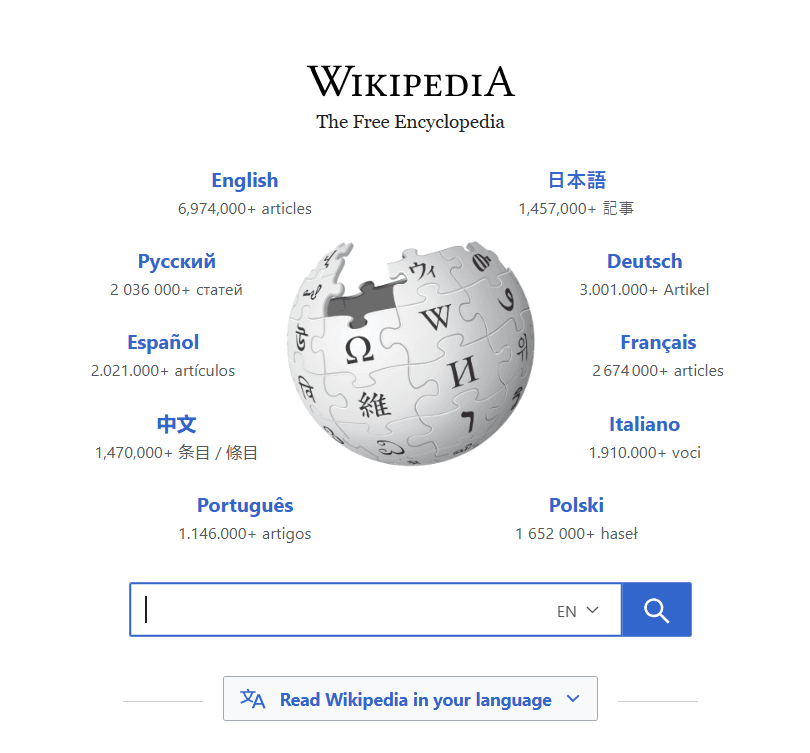
The Renewed Importance of Wikipedia
In 2001, when you needed an answer to a question, you had to visit the school/college library, find a Dewey decimal number, and pull a physical book off the shelf. That same year, Destiny’s Child topped the charts, Apple dropped a new thing called iTunes, and Shrek (the original) ruled the box office. Quietly, something else launched in the background: Wikipedia published its first article, and changed research forever.
Most Gen Xers and Millennials remember it as the shortcut that helped us cheat on papers. It was a goldmine, at least until teachers caught on. Then came cross-checking, bad grades, and the creeping suspicion that the internet might not always be on our side.
By 2021, Wikipedia had hit a staggering one billion edits. That open-edit ethos, the idea that anyone could contribute, and the best version would rise to the top, was the perfect training ground for large language models. The same crowd-sourced knowledge base that helped us fake our way through term papers now feeds the systems reshaping how we search, learn, and interact with information.
At first, AI felt like the end of Wikipedia. Who needs to comb through articles when you can prompt your way to an answer? But, Wikipedia didn’t get replaced. It got canonized. LLMs treat the platform as a highly authoritative source. It’s structured, transparent, and relentlessly edited in pursuit of accuracy. Thats exactly what a machine needs to learn.
No, Wikipedia.org is not the only dataset out there. But it reflects the kind of verified, structured content that AI systems favor and that marketers need to start paying attention to.
Does my company have a Wikipedia page?
Let's be honest for a moment: most marketers I know don’t even realize their company has a Wikipedia page (Or that it doesn’t!). They’ve never touched it, never updated it, and never optimized it. That’s about to change. Just like SEO came with best-practice checklists, GEO (Generative Engine Optimization) will too. And, near the top of that list? “Update your company’s Wikipedia page.”
The next generation of search is training machines, and the smartest brands will need to revisit their Wikipedia page to ensure accurate info is fed into LLMs.
How do I create a company page on Wikipedia?
First things first, Wikipedia is not a promotional product. It is informational, so save your marketing spin for another website. Your company needs to be notable in Wikipedia’s eyes, which means more than just a slick website and a few press releases. Think mainstream media coverage or deep-dive analysis from independent sources. Assuming you meet this bar, create a Wikipedia account, head to the Article Wizard, and start drafting in your sandbox. Keep it neutral as promotional fluff will get flagged fast (you won't get published). If the page already exists and you want to tweak it, go to the Talk section and suggest edits, ideally with links to credible sources. Transparency about your connection to the brand is recommended to avoid perceived conflicts of interest, which Wikipedia takes seriously.